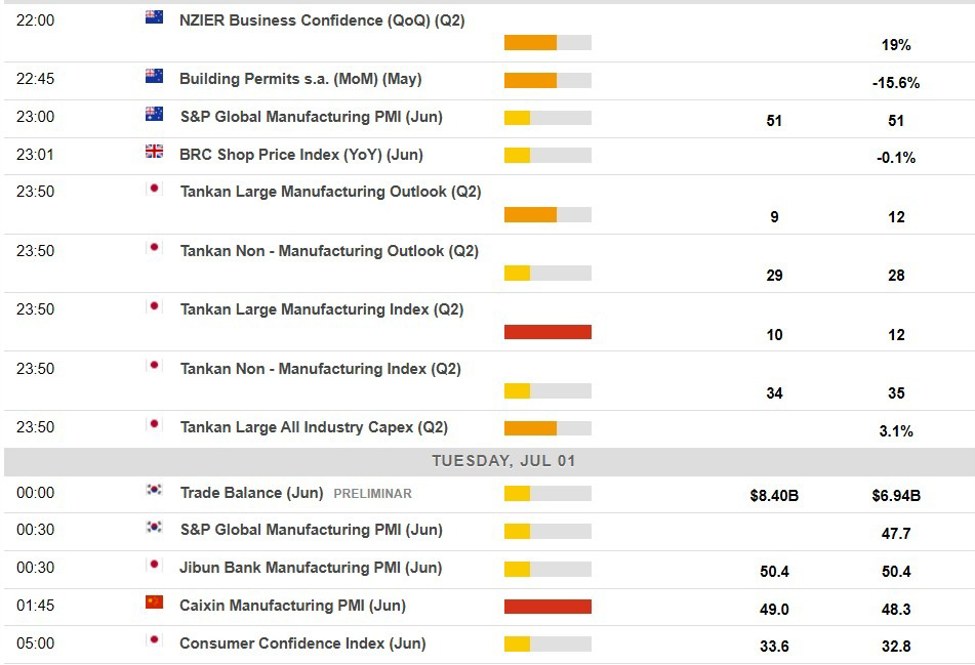A new proposal to impose substantial fees on US port calls by vessels made in China or linked to Chinese ownership has set up a clash between US lawmakers and representatives from American maritime, export and agriculture sectors in Washington this week.
Last month, the US government began drafting a measure to boost domestic ship manufacturing by proposing taxes of up to US$1.5 million on China-linked vessels or those from fleets that include Chinese-made ships.
The action by the US Trade Representative’s Office (USTR) under US President Donald Trump builds on a determination by former president Joe Biden’s administration that China’s efforts to dominate the maritime, logistics, and shipbuilding sectors can be challenged under US trade laws due to its subsidies to Chinese manufacturers. The findings were released just as Trump assumed office on January 20.
Framing the fee as critical for national security, the USTR argues that Chinese government subsidies to its shipbuilding sector harm American businesses by limiting competition and investment opportunities, while also posing economic and national security risks by creating dependencies that Beijing could weaponise in a potential conflict.
The move, which enjoys bipartisan support in Congress, is aimed at discouraging shippers and ocean carriers from buying Chinese vessels, and funds collected from the fee would be used to help revive the US shipping industry.
USTR held a public hearing on Monday and will convene another on Wednesday to assess the impact of this measure on American businesses and workers, as importers, exporters, and maritime industry groups have already expressed concerns.


